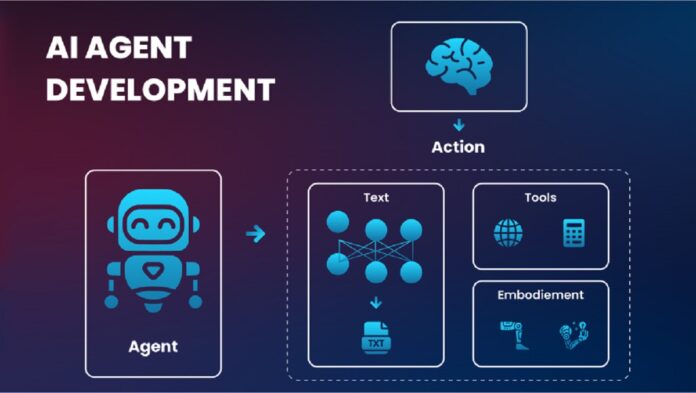Smart automation is transforming the way workplaces work and reach their goals. The utilization of AI agents to monitor the activities of different sections in companies has become widespread. Success depends on careful coordination between systems, people, and data handling. A structured plan helps teams achieve meaningful results without confusion.
A team must first understand how to apply AI effectively. The AI Agent Training Course builds essential knowledge about integration, evaluation, and process alignment. It also helps participants identify ways to link AI with business goals. Early learning supports consistent progress across multiple functions within the company.
1. Ignoring Department-Specific Needs
Departments operate with different structures, data formats, and performance metrics. Applying one AI model across all units causes misalignment and inefficiency. Each area requires distinct parameters that reflect its tasks and metrics. The system should adapt to these operational details from the start.
A planning team should analyze internal workflows before deployment. Clear documentation ensures smooth coordination between departments and AI systems. Leaders can evaluate how automation supports productivity without affecting routine operations. Focused preparation leads to stronger alignment between technology and user expectations.
2. Overlooking Data Quality and Consistency
AI systems achieve accuracy only when supported by strong data. Poor or inconsistent information disrupts patterns and reduces output reliability. Consistent structures help maintain steady performance across analytical processes. Internal reviews must verify every data source before integration.
Teams should maintain accuracy through constant monitoring and updates. Strong validation prevents duplication and reduces technical issues later. A unified data format enhances collaboration across interconnected units.
3. Not Training Employees Properly
A significant number of projects encounter problems due to poor employee training. Training helps teams understand how AI supports their daily tasks. Without guidance, workers may misuse systems or avoid them entirely. Consistent coaching helps everyone use AI tools confidently and effectively.
Structured learning builds awareness of how each feature applies to tasks. Short sessions and practical examples increase clarity among team members. A simple yet focused method of instruction ensures sustainable progress. Regular discussions also strengthen trust between management and employees.
4. Neglecting Change Management Strategies
New technology requires adjustments in behavior and workflow control. Without preparation, staff may struggle to adapt to new routines. Transparent communication explains how AI improves efficiency without replacing human value. Supportive leadership keeps morale balanced throughout the transition.
An organized approach includes clear steps for implementation, such as:
- Set departmental priorities before new automation
- Assign clear roles for supervision and feedback
- Plan updates to review operational outcomes
- Maintain steady contact with all stakeholders
5. Underestimating Continual Maintenance Requirement
AI systems require continuous evaluation for consistent performance. Without regular updates, tools may lose alignment with goals. Periodic reviews help identify system gaps and maintain accuracy. Every department must schedule checks to preserve functionality and relevance.
Routine supervision guarantees consistent quality and operational harmony across teams. Managers can plan maintenance sessions alongside standard reporting cycles. Updated frameworks allow AI to reflect business priorities efficiently. Well-maintained systems remain dependable for every organizational function.
Take the Next Step Toward Smarter AI Success
Professionals ready to advance their expertise should seek focused, real guidance. Comprehensive AI instruction helps professionals convert knowledge into practical expertise. Each course builds confidence, structure, and the capacity to apply AI effectively. Focused learning supports measurable progress across departments and functional areas. Consistent training promotes adaptability and continued advancement in real business settings.
An AI Agent Training Course provides the structure needed for responsible adoption. Avoiding these costly mistakes keeps operations consistent and balanced across all teams. Departments that plan, train, and review together gain stronger operational stability. Through careful coordination, AI becomes a reliable partner for continuous progress.



